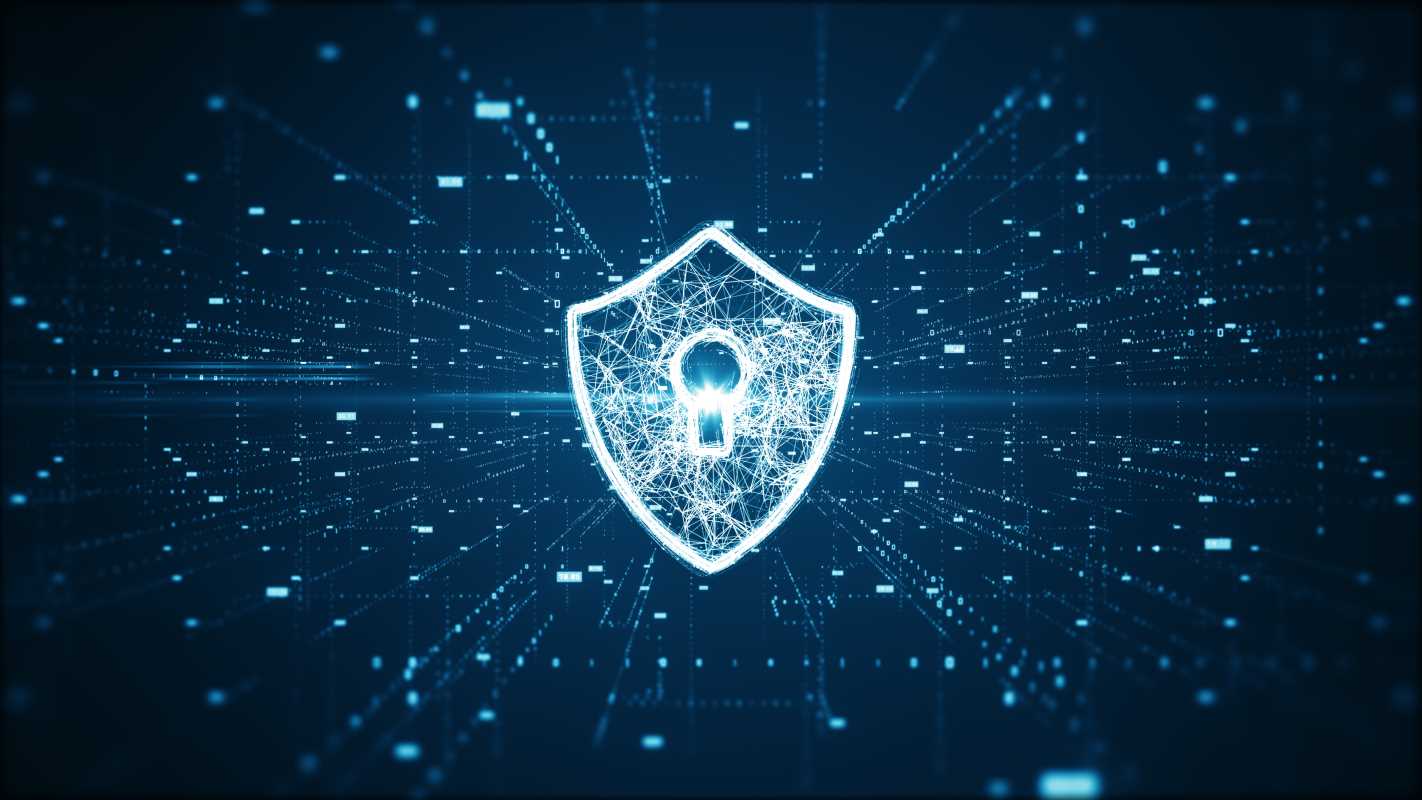Cybersecurity stands as one of today's fastest-growing and highest-paying technology fields, with millions of unfilled positions worldwide and average salaries exceeding six figures. The increasing frequency of data breaches, ransomware attacks, and cyber threats has created unprecedented demand for skilled security professionals across all industries. Certifications provide the most direct pathway into this lucrative field, offering structured learning paths that validate expertise and show commitment to employers. Many organizations specifically require certain certifications for security roles, making them a necessary step for career advancement. Knowing which certifications match your career aspirations and existing skills can speed up your move into this fulfilling and secure profession.
CompTIA Security+ - The Entry Point
CompTIA Security+ serves as the gold standard entry-level certification for cybersecurity professionals. This vendor-neutral credential covers fundamental security concepts that apply across all technology environments and platforms.
Core Knowledge Areas
Security+ covers network security fundamentals. Students learn about various types of cyberattacks. The certification also addresses identity and access management, teaching proper authentication methods and user privilege controls.
Risk management forms another important component, covering how to identify vulnerabilities, assess threats, and implement appropriate security controls. The curriculum includes incident response procedures, showing how organizations detect, contain, and recover from security breaches.
Career Benefits and Recognition
Security+ certification opens doors to various entry-level positions such as security analyst, IT auditor, and security administrator roles. The Department of Defense requires this certification for all personnel working in cybersecurity roles, creating significant job opportunities in government contracting.
Most entry-level cybersecurity positions list Security+ as either required or preferred, making it a key consideration for career changers. The certification validates foundational knowledge that employers trust, often serving as a minimum qualification for consideration.
Preparation and Investment
The Security+ exam costs $370 and requires approximately 40-60 hours of study time for most candidates. CompTIA recommends two years of IT experience before attempting the exam, though motivated beginners can succeed with dedicated preparation.
Study materials include official CompTIA books, online courses, practice tests, and hands-on labs. Many community colleges and training centers offer Security+ boot camps that combine instruction with exam preparation.
CISSP - The Leadership Credential
The Certified Information Systems Security Professional (CISSP) represents the pinnacle of cybersecurity certifications, designed for experienced professionals moving into management and leadership roles.
Advanced Security Domains
CISSP covers eight comprehensive domains: security and risk management, asset security, security architecture, and communication network security. The certification addresses enterprise-level security challenges rather than tactical implementation details.
Business continuity and disaster recovery planning form major components, teaching how organizations maintain operations during security incidents. The credential also covers legal and regulatory compliance requirements that affect security decisions.
Experience Requirements
CISSP requires five years of cumulative work experience in cybersecurity, though education and other certifications can substitute for some experience. Candidates must also agree to adhere to the (ISC)² Code of Ethics and submit to background verification.
The certification requires annual continuing education credits to maintain active status, making sure holders stay current with evolving security practices and technologies.
Executive Career Opportunities
CISSP holders typically earn 25-30% more than their non-certified counterparts, with average salaries exceeding $120,000 annually. The certification qualifies professionals for roles like Chief Information Security Officer, Security Manager, and IT Director positions.
Many executive-level security positions often require CISSP certification, which can be important for senior career advancement. The credential's global recognition creates opportunities with multinational corporations and consulting firms.
CEH - Ethical Hacking Expertise
Certified Ethical Hacker (CEH) certification teaches the same techniques that malicious hackers use, enabling security professionals to identify and fix vulnerabilities before attackers exploit them.
Penetration Testing Skills
CEH training covers various hacking methodologies. Students learn to use the same tools cybercriminals employ, such as network sniffers, password crackers, and exploitation frameworks.
The certification emphasizes legal and ethical considerations, teaching proper authorization procedures and responsible disclosure practices. Students learn to document findings professionally and communicate risks effectively to management.
Hands-On Laboratory Experience
CEH certification requires extensive hands-on practice with real hacking tools and techniques. The curriculum includes live labs where students practice penetration testing against controlled environments.
Students learn to identify common vulnerabilities in web applications, databases, and network infrastructure. The practical experience prepares them to conduct authorized security assessments for their employers or clients.
Specialized Career Paths
CEH certification leads to specialized roles, including penetration tester, vulnerability assessor, and security consultant positions. These roles often command premium salaries due to their technical complexity and specialized nature.
Many organizations hire CEH-certified professionals specifically to test their security defenses and identify weaknesses before malicious actors discover them. The certification also enables freelance consulting opportunities for experienced professionals.
CISA - Audit and Compliance Focus
Certified Information Systems Auditor (CISA) certification targets professionals responsible for auditing, controlling, and securing information systems within organizations.
Audit Methodology and Standards
CISA covers systematic approaches to evaluating information system controls, risk assessments, and compliance with regulatory requirements. Students learn to plan and conduct comprehensive security audits that meet professional standards.
The certification addresses governance frameworks, risk management processes, and business continuity planning from an audit perspective. Students learn to evaluate the effectiveness of existing security controls and recommend improvements.
Regulatory Compliance Expertise
CISA training covers major compliance frameworks like SOX, HIPAA, PCI-DSS, and GDPR. Students learn how these regulations impact information system design and operation.
The certification prepares professionals to work with external auditors, regulatory agencies, and compliance officers. This expertise becomes increasingly valuable as organizations face growing regulatory scrutiny.
Financial and Healthcare Opportunities
CISA certification opens opportunities in regulated industries, where compliance standards are strict. These industries often pay premium salaries for qualified audit professionals.
Many public accounting firms specifically seek CISA-certified professionals to support their IT audit services. The certification also enables internal audit roles within large corporations and government agencies.
GCIH - Incident Response Specialization
GIAC Certified Incident Handler (GCIH) certification focuses specifically on detecting, responding to, and recovering from cybersecurity incidents.
Incident Response Procedures
GCIH training covers the complete incident response lifecycle from initial detection through post-incident analysis. Students learn to coordinate response efforts, preserve evidence, and minimize business impact.
The certification covers technical aspects of incident analysis, such as malware analysis, network forensics, and system recovery procedures. Students acquire practical skills necessary to handle real-world security incidents effectively.
Crisis Management Skills
GCIH certification develops crisis management and communication skills essential during security incidents. Students learn to coordinate with law enforcement, legal teams, and executive management during crisis situations.
The training emphasizes documentation and reporting requirements that support legal proceedings and insurance claims. These skills prove invaluable during high-stress incident response scenarios.
Specialized Response Teams
GCIH certification prepares professionals for roles on Computer Security Incident Response Teams (CSIRT) and Security Operations Centers (SOC). These specialized positions often offer accelerated career advancement opportunities.
Emergency response skills are transferable across industries, creating opportunities in healthcare, utilities, and other critical infrastructure sectors. The specialized nature of incident response often commands premium compensation.
 (Image via
(Image via





